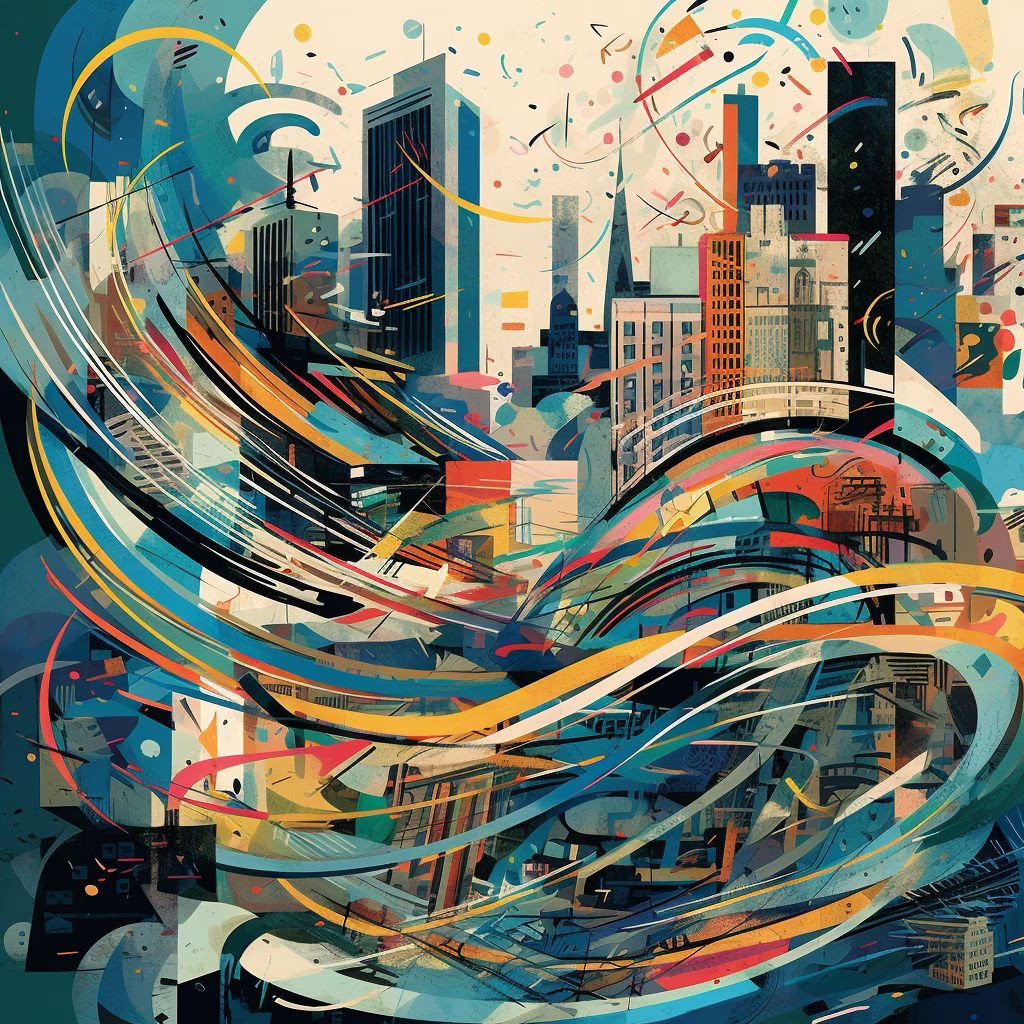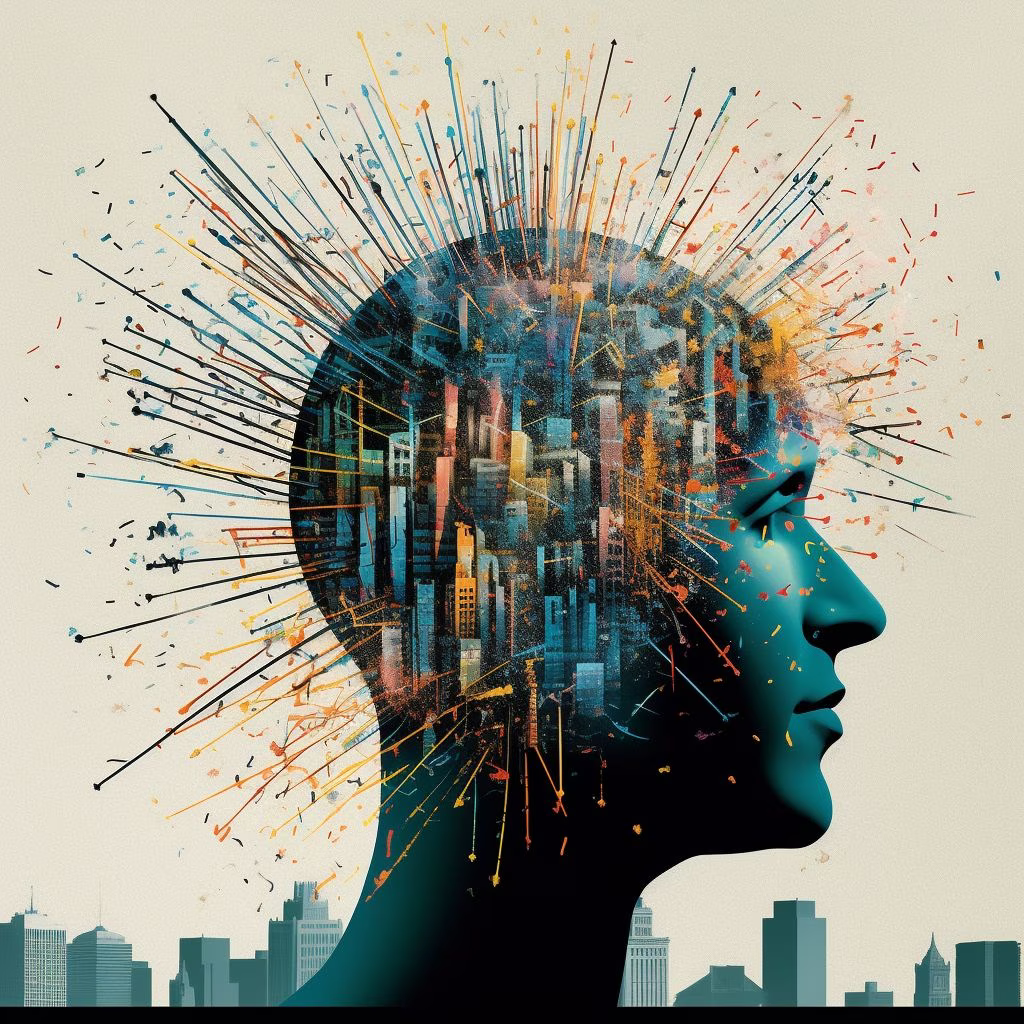AI and the World's Most Important Economic Metric

I think we’ve been ignoring one of the most important economic measurements. Let’s call it the Creative Friction Coefficient (CFC), and (imperfectly) define it as:
The Creativity Friction Coefficient (CFC) — The level of time, money, and support required to go from an idea to a functioning business with recurring income.
In other words, it’s a measure of how hard it is to create a new product or service that you can turn into a business.
Anatomy of creative friction

That definition is a decent start, but let’s expand on it. I think we can break the friction into three main categories:
Time: It’s nearly impossible to start a business if you are the sole caregiver to young children, or if you’re working multiple low-paying jobs. Or even if you have help raising the kids while you’re working a decent-paying job.
Money: It tends to cost somewhere around $10K to $200K to start a business in the US. Merchandise, infrastructure, tools, staff, etc. And that’s assuming you have the money to stop working other jobs to pay bills while you work on the business.
Support: Most people who start businesses have a peer group where it’s common and acceptable to do so. It’s very hard to dedicate time and money to a thing when nobody around you believes it’s possible.
And of course you also need to be fairly smart, and have an idea, as well as have the grit to actually execute. But let’s just take these as givens for an additional meta-filter.
A punishing funnel

So let me ask you this: what percentage of Americans (yes, this is a bit US-focused) do you think have all three of the main components today?
❝Creativity is currently a luxury for the lucky and rich.
How many people have the time freedom, plus many tens of thousands of dollars…and they’re surrounded by people who actually discuss starting a business as an option and would support their endeavor?
I’m guessing it’s like .1%. That’s 10% of 1% of of Americans.
If I’m somewhere close to right, that’s 99.9% of the US on the innovation sidelines. Think about how much creativity they have. Think about the ideas they had (and still have) that simply never got launched.
Why didn’t they? What stopped them?
Time, Money, and Support. That’s what.
Enter AI

This is my biggest reason for being bullish on AI.
All the automation and optimization stuff is fantastic. It’ll help lots of things more efficient. But the biggest boon from AI will come not from enhancing things, but from more people being able to make things.
New things.
New products. New services.
Net. New. Stuff.
How AI will attack the funnel
So let’s look at how AI will help with the three friction categories.
What we’re about to have is a world of AI Agents that can simply do things for you. If you look at the typical components of a business you have things like:
Hiring
Administration and Operations
Sales
Support
Marketing
Manufacturing
Logistics
We’re about to have AI Agents, or more accurately services that use AI Agents on the backend, that can do most of these for you.

Today you need to hire support people. You need to hire sales and marketing people. You need to hire delivery people. And someone has to manage the business. All the emails, the calendar, the meetings, the documentation. Everything.
❝A solopreneur and a couple of helpers will soon have the output of a 100-person company.
90% of this will be available as extremely low-cost services within 5 years. What you used to hire people to do, you will now hire AI-services to do. Or you’ll have AI Agents that function like a Chief of Staff that manages all this for you. Or your one star employee will be the overseer of your Chief of Staff AI Agent.
The admin tasks, the documentation, the summarization, the proofreading, the support tickets—all that will be largely handled. So what used to require a team of 3, or 5, or 12, or 30 people…you’ll now be able to do with 1-2 people running AI tools.
And that gap will accelerate. In 10 years you’ll have 2 part-time star employees that magnify your business’s capabilities to the output of a current 50-1000 person company. It’ll be like having a massive support org, a sales team, a team of marketing experts, and a dozen other fully-staffed teams—but you’re doing it with a couple of people.
Wait, isn’t this bad?
So you might be screaming at the page right now.
Don’t you know this is bad!?!?
Yes. Kind of. It will be bad for a lot of people, for sure. But I’m of the Stoic camp of life. I tend to look for positives. I try to find good things in bad things.
And this is a really, really good thing.
Lots of jobs will be lost in fields like IT and clerical administration and such. But the question is: were humans really meant do be doing those kinds of jobs in the first place? Moving paperwork from one place to the next? Proofreading things? I’m much more worried about the loss of creative work than business administration.
❝Rather than losing jobs, we should see what’s coming as unlocking creativity.
Anyway, all the loss—in my opinion—will be massively offset by the opposite force of new creation. And I think the addition of creation will produce far more value than what’s lost in administrative jobs. Plus it’ll clear out the ranks of middle-managers, which is a massive win by itself.
Summary
My main point isn’t about AI tech itself here. Or jobs. Or any of the other impacts and losses that may or may not happen.
My points is that very few humans are currently creating new products, services, and businesses right now. A tiny faction of the US, and an even smaller fraction of the world as a whole.
If AI can move that number from .01% to something like 2%, or 5%, we wouldn’t have doubled or 10x’d our creativity and output, we’d have multiplied it by thousands of times in terms of impact. Because then it’s not just the output, but the output’s interaction with other output.
Don’t think of it like small business friction reduction. Think of it as the unlocking of human creativity.
NOTES
Reducing the regulation around small businesses would help a bunch as well. Not so much the regulation, but the overhead and paperwork.